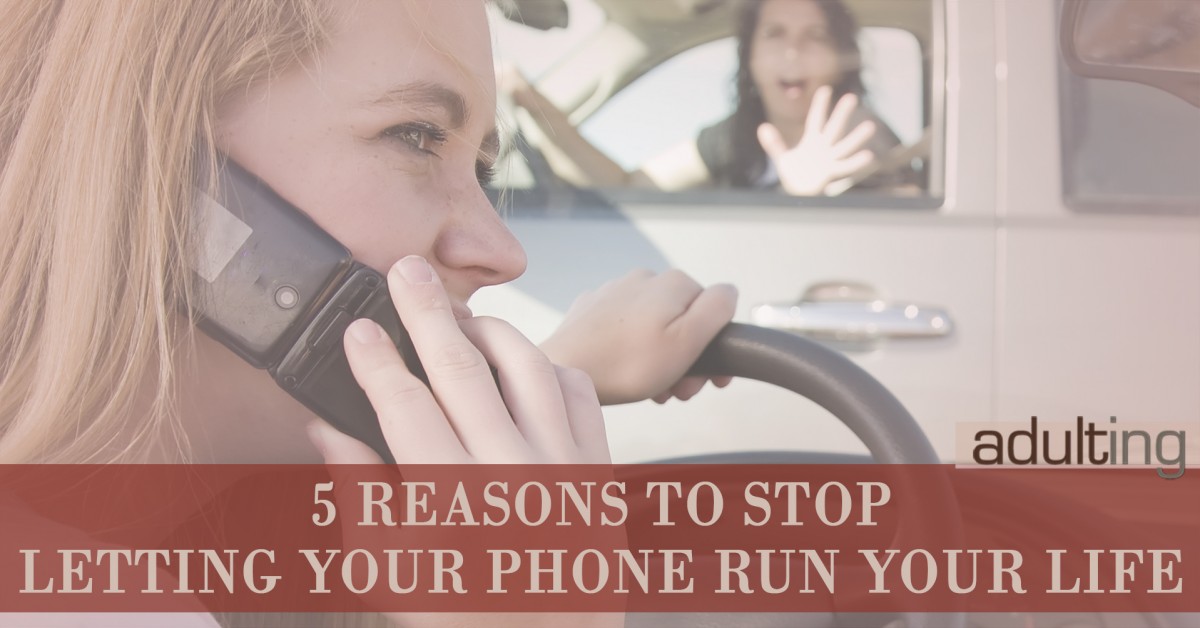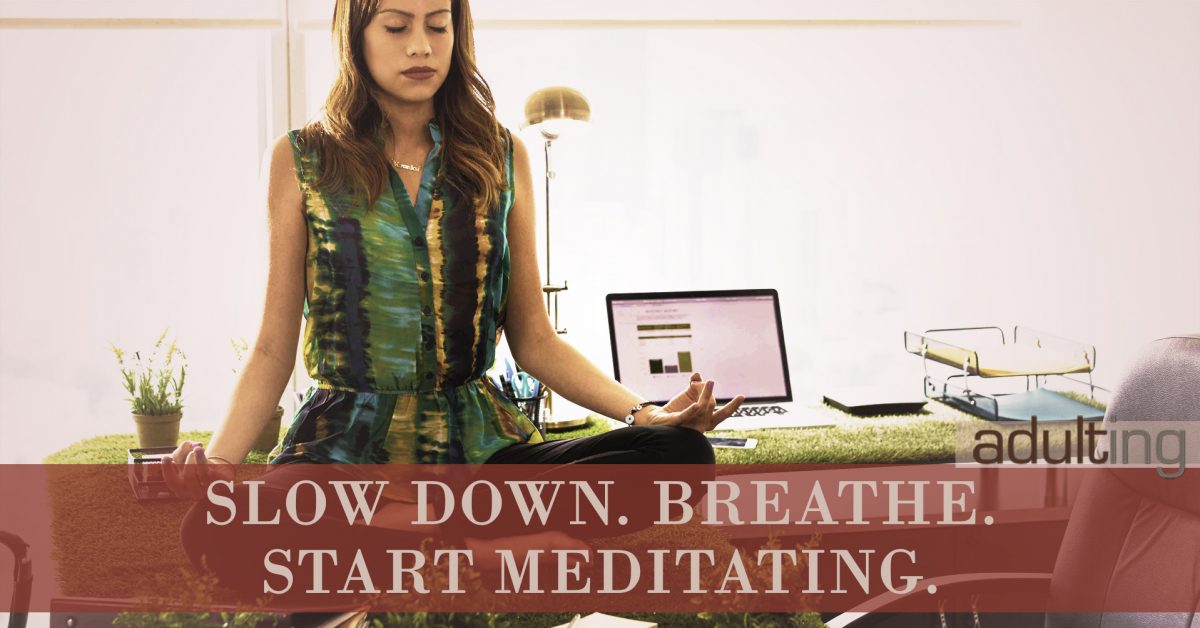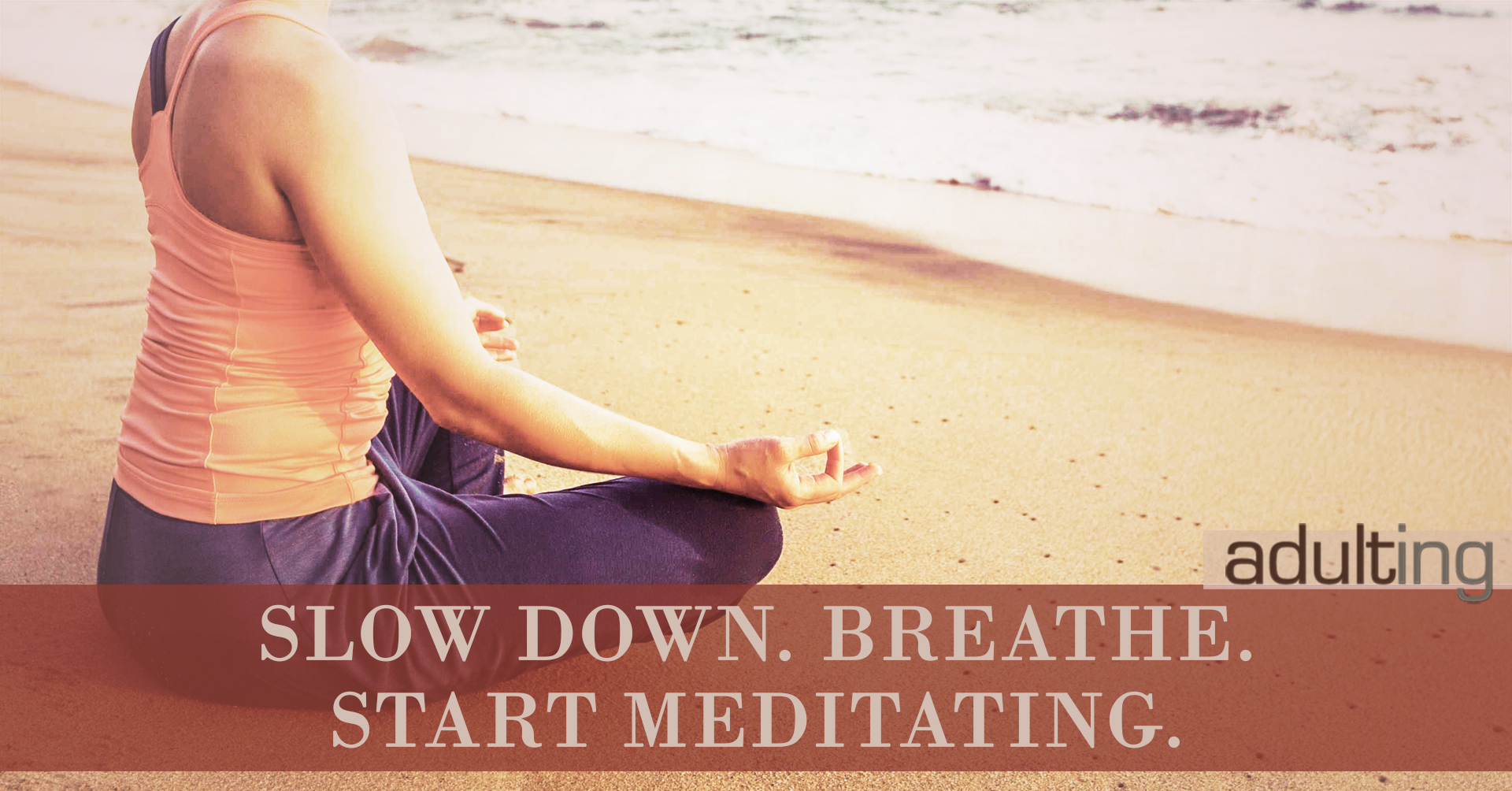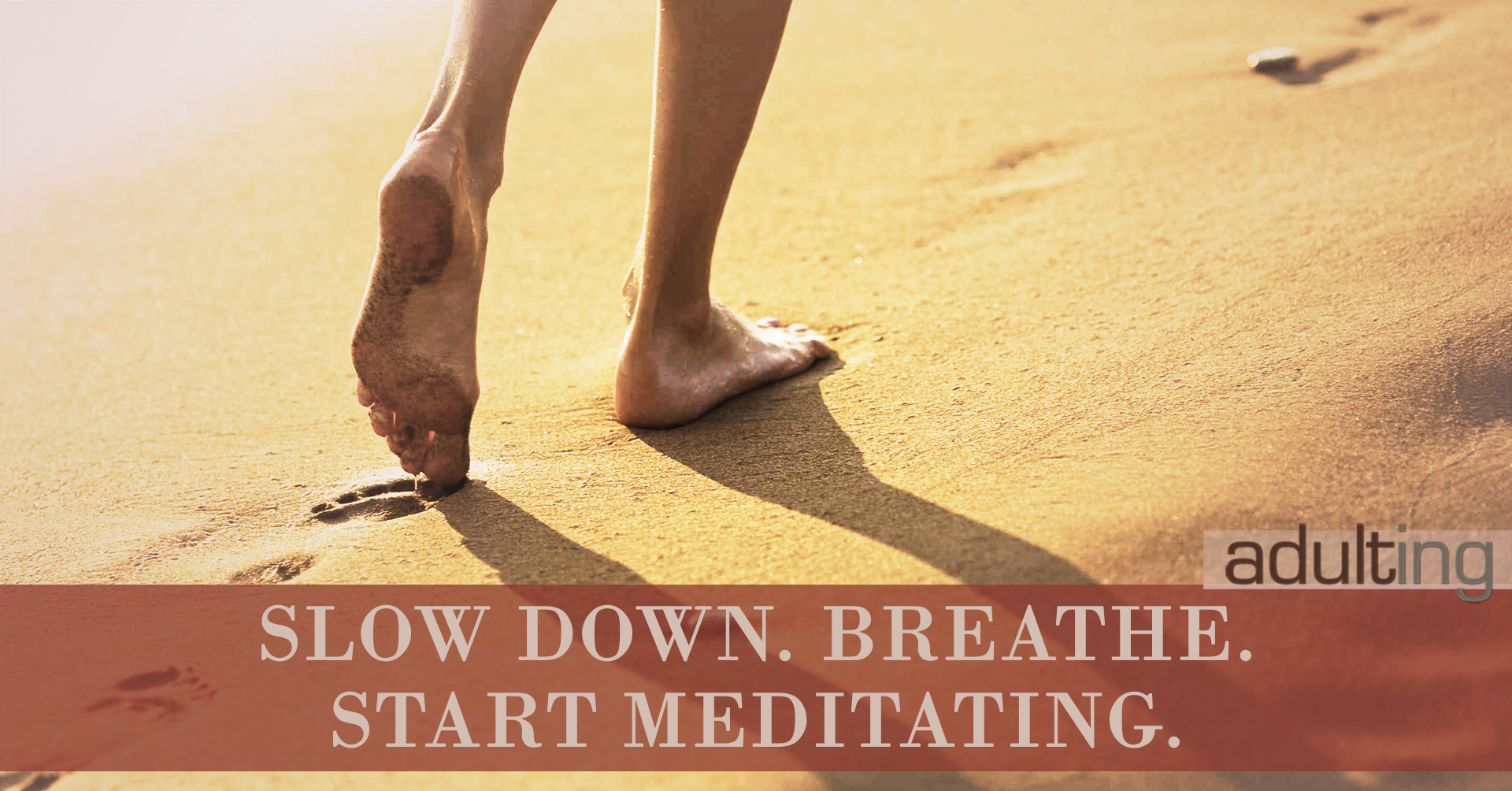Everywhere I go, I have my phone.
It’s practically a part of me.
When I don’t have my phone with me, I feel stressed. What if I miss something?
It seems crazy, but it’s sort of a legit fear. I like to point to the time I missed a call from my son.
I left my phone at home by accident. While the phone was stuck at home, my son tried to call me. He needed to pick him up due to illness. I finally got him. Two hours after he called. The school nurse was not amused.
This works as a “reason” to be obsessed with keeping my phone nearby. I can just tell everyone my sob story about how my son was sick that one time.
But let’s be honest: most of us are just addicted.
Are you addicted to your phone?
What you do — and seeing who acknowledges you — on social media is addictive.
When you see the likes, the messages, the replies, and all the signs that someone sees what you’re doing (and perhaps approves?), the rewards centers in your brain trigger.
In fact, your addiction to your mobile phone is probably due, in part, to the fact that you can enjoy a reward whenever you want just by checking your social media.
And it really can be addicting, with the brain patterns of compulsive social media use remarkably similar to the brain patterns of drug addicts.
Part of that is by design. Facebook engineers built the platform to suck you in and take up your time and energy. All the social media platforms are designed, in some way, to take up your headspace and encourage you to maximize your time there.
In fact, you aren’t really considered a user or a consumer. You are the product. Social media networks sell your information to other parties. Additionally, they make money off advertising that delivers you to businesses and others.
It’s not just about the addiction, though. I noticed that I experience life better when I’m not totally attached to my phone. Moving away from the phone as my default allows me to experience life more fully.
Now that I’m making a conscious effort to step away from the phone, including time to unplug on the weekends and evenings and to put my phone in DND mode at night (with the exceptions of my parents, my son, and my ex), my life has improved dramatically.
Here are 5 good reasons to unplug at least some of the time — so your phone doesn’t run your life:
1. Boost your creativity.
When you’re constantly consuming media, you aren’t creating anything. And you don’t have to be creative all the time. I specialize in writing uncreative non-fiction. My attempts at fiction suck.
But I still take time to try my hand at creative efforts, including music and sad attempts at fiction. I’ve even started adult coloring. And I never really liked coloring. I also crochet, even though I’m useless at anything more complicated than a scarf. But I find these efforts oddly satisfying.
Creativity is a process. Our creative “muscles” can strengthen or weaken. When all you do is consume, consume, consume, your creative muscles atrophy.
Not only that, but creative endeavors can help you be a better problem solver and find innovative ways to move forward. It’s perfect if you want to be an entrepreneur. Creativity is one of the most important traits of a business owner. No matter how you slice it, you’ll improve in life and in your business with the help of creativity.
If you want to be more creative, put the phone down, and work on something else. Even if you don’t think you’re very good at it, it can offer you a huge boost when you stop letting your phone run your life.
You might be surprised at how the time flies, and at how you are less bored than you could have imagined.
2. Feel better about yourself.
Constantly checking your phone and being on Facebook can actually make you feel bad about yourself, and trigger feelings of envy. The problem is that you compare yourself with how others present themselves online.
That’s one of the most insidious things about social media and phone use. Standing in the grocery line? Check out what’s happening with your buddies on social media. And immediately feel like you’re missing out.
The reality is that, in many cases, people present idealized versions of themselves on social media. You are comparing yourself on your worst day to someone’s best day. That’s not a fair comparison, and it can lead to anxiety about how your life “should” be.
Don’t fall into that trap.
Spend some time away from your phone and put things into perspective. Recognize that there are some pretty great things about your life. It’s hard to do that when you’re obsessed with everyone else’s life.
3. Stillness is good for you.
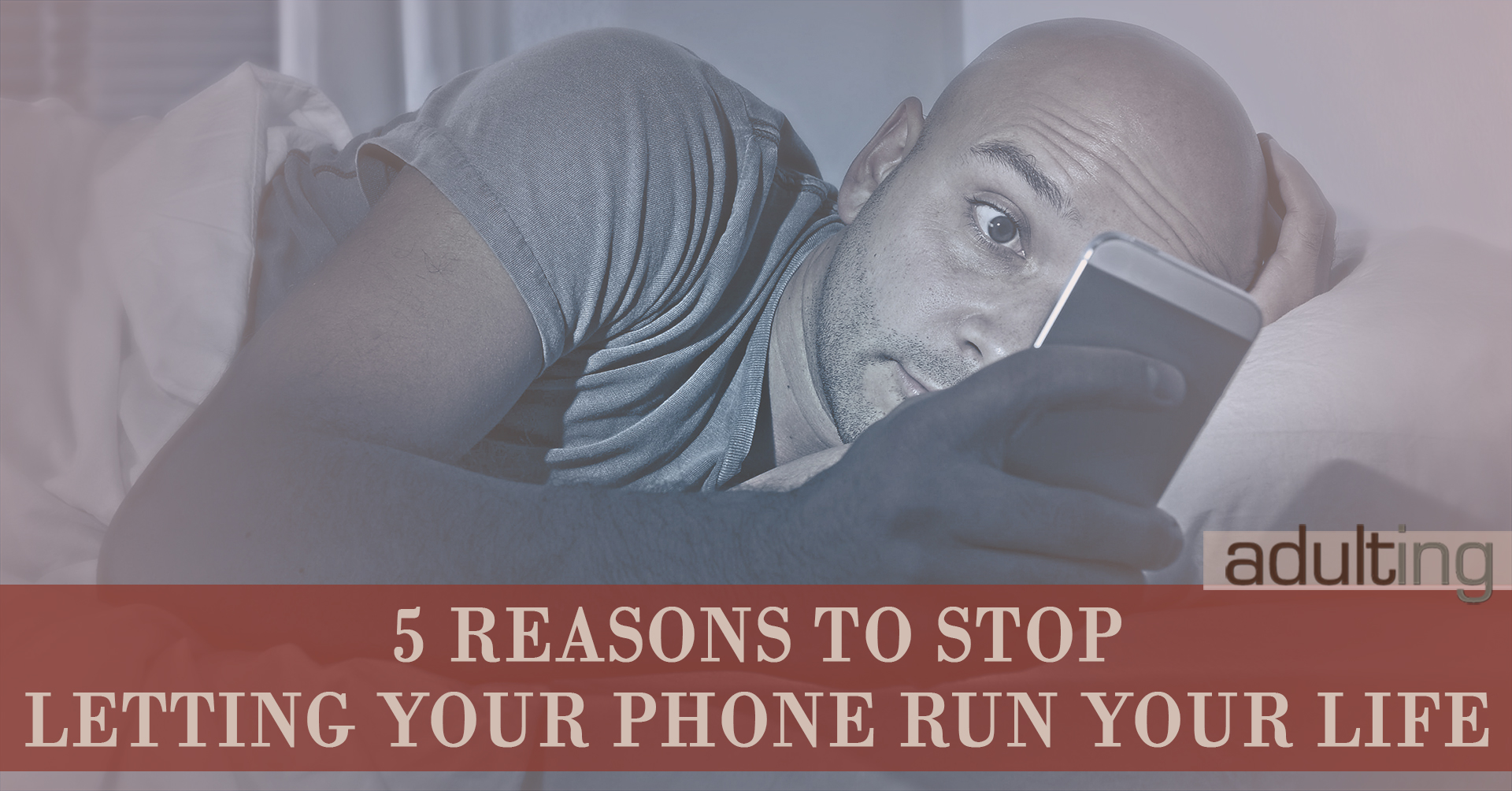
Even if you aren’t using your phone for Facebook and other social media all the time, it can still cause serious problems in your life.
Are you constantly playing games? Do you check your phone, even if you don’t have messages?
In a world where distraction and stimulation are all around, stillness is falling by the wayside.
However, stillness can be beneficial. Do you ever just sit, without the need to accomplish anything? We consider boredom as the worst thing ever, but the truth is that our bodies need to recharge.
Meditation, good sleep, and just sitting and taking in life are all good for you. They help your mind. Plus, constant stimulation from your phone can add to feelings of anxiety and reduce your ability to contemplate your options calmly and make better decisions.
Put the phone away and sit in stillness. Meditation can help with this. You can even benefit from better sleep if you stop playing games or checking your email or reading on your phone or doing whatever it is you do before bed.
Stop letting your phone run your life, take in a little extra stillness, and unplug a couple hours before bed. You might be shocked at how much you better you feel about everything in your life.
4. Take back control of your time.
Who’s in charge?
You, or your phone?
Be honest. Do you have to answer every text immediately? Do you feel frazzled because there’s always a notification for a new email calling off your attention?
That’s not healthy behavior. Not only does it put you at the beck and call of your phone, it can also strain your relationships. What message does your child get if you’re always staring at your phone, getting distracted by the “ding” instead of paying attention to them?
What kind of message are you sending to your life partner when an Instagram notification is more important than they are?
You don’t have to let your phone run your life. You don’t have to answer every call or text immediately. Turn off the push notifications on your phone. That way, you won’t be distracted by feeling that you have all these things to do because Instagram or Facebook or your email are always intruding on your time.
Just turning off my push notifications changed how I feel about things. My son has his own text and phone alert tones and if I’m in the middle of something, I ignore the phone unless it’s my son. It was hard at first, but I find it empowering now.
Today, we expect instant responses from everyone, and we think we have to respond instantly as well. That’s just not true. You can control your time. You don’t have to let your phone control your time and attention.
5. Experience life.
When I attended my son’s first fencing tournament, I was so engrossed that I didn’t take a single picture.
At first, I felt bad, but then I realized that I had paid better attention to him because I wasn’t fumbling around with my phone. I could give all my attention to him, and truly experience it because I saw it with my own eyes.
I don’t record recital performances, either.
Usually, when I go to a game or a concert, or even see a new vista in nature, I take a few pictures first thing. I get the pictures out of the way so I can fully enjoy the rest of the time.
The truth is that life doesn’t look the same when viewed through the phone. The phone gets in the way. I like taking pictures. I like having them. But I try to get it out of the way at the beginning of any event so that I can fully experience it going forward.
Don’t miss out on life.
Instead of letting your phone run your life, put it down and experience your life.
This doesn’t mean you can’t get rid of your phone and never use it again ever. Like so many things in life, this isn’t an either/or proposition. Instead, it’s about moderation. It’s about recognizing that, while your phone is an amazing device that can do a lot of good, it’s not a replacement for actual life.
It can’t replace true experiences, and it can’t replace the people you love. So, use it. It’s a tool. But it’s not the same thing as actually living.
There’s a lot going on around you. There are so many amazing people to connect with.
But when you let your phone run your life, whether you are constantly checking for messages or trying to accomplish something in Bejeweled, you really are missing out.

